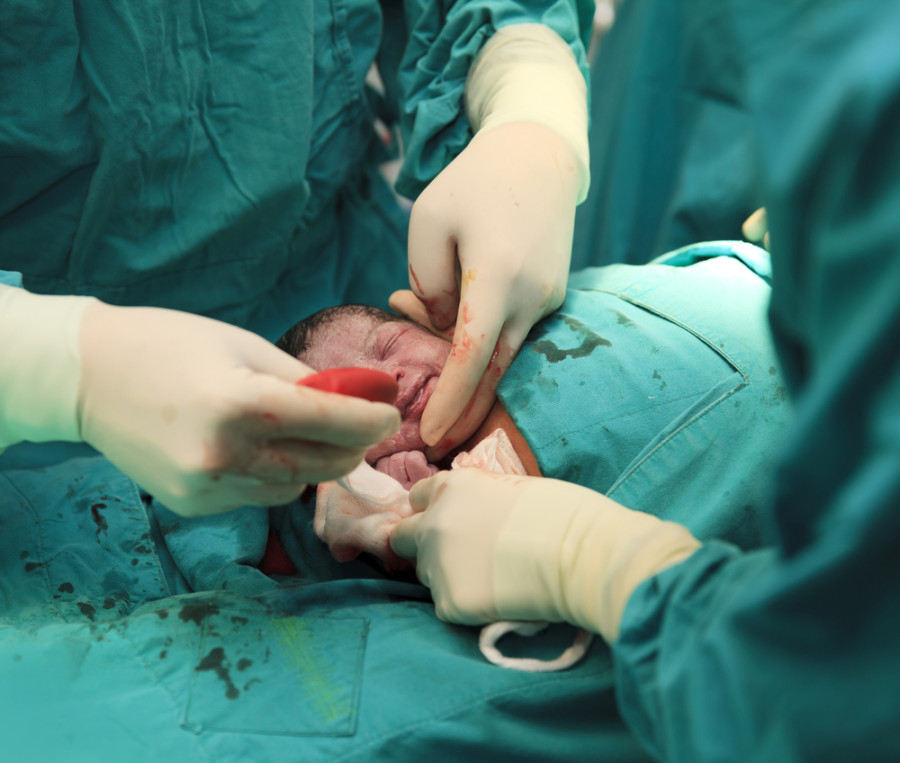Health
Staff adjustment affects health services across the country
Health workers have refused their postings in remote areas, according to officials.
Arjun Poudel
Cesarean delivery service at Gorkha District Hospital has been halted ever since Dr Jyoti Agrawal, a gynaecologist, left in October.
Dr Agrawal, whose posting is at Patan Hospital in Lalitpur, was sent to Gorkha for three months at the request of the Ministry of Health and Population, as the District Hospital suffers from a perennial shortage of doctors. shor
“Consultant doctors do not want to serve outside Kathmandu Valley for long, so the Patan Hospital has been rotating its doctors every three months to serve the people in Gorkha,” Krishna Dhakal, spokesperson for the District Hospital, told the Post over the phone. “Dr Agrawal left after completing her three months term. Patan Hospital has not sent her replacement after she left. The lack of doctors has forced the patients to seek service in Kathmandu and Chitwan.”
Besides the post of gynaecologist, the other positions of consultant doctors—orthopaedic doctor, psychiatrist, gynaecologist, anesthesiologist, general surgeon, general physician and ENT doctor—are also vacant at the District Hospital.
Although the responsibility of appointing doctors in district hospitals is on the concerned provincial government, the government of Gandaki Province has not taken any steps to fill the vacancies in Gorkha.
Now that the federal Ministry of Health and Population has also stopped sending doctors, people in Gorkha have been travelling outside the district in times of medical emergency.
"We are referring almost all cases to Kathmandu or Chitwan due to the lack of doctors in our hospital," Dhakal said.
Gorkha District Hospital is not the only health facility grappling with the lack of doctors and other medical staff. Officials say several health facilities across the country are dealing with the problem of human resource shortage as a result of staff adjustment.
In Seti Zonal Hospital (now provincial hospital of Sudurpaschim) in Dhangadhi, of the 15 consultant doctors serving there, three doctors retired and 11 were transferred as part of the staff adjustment programme.
The government had allowed the doctors to choose their duty stations and most of the doctors picked the health facilities in their respective provinces.
"Of the 11 doctors transferred to various hospitals, five refused to return to their previous posts," Dr Hem Raj Pandey, the hospital superintendent, told the Post over the phone. “The Health Ministry has sent back the remaining six doctors to the provincial hospital for three months deputation."
Dr Hem Raj said the hospital’s request to the Social Development Ministry of Sudurpaschim Province as well as the federal Ministry of Health and Population has gone unheard.
"The officials at the Health Ministry are responsible for the shortage of doctors in state-run hospitals across the country," Dr Dipendra Pandey, president of the Government Doctors' Association of Nepal, said. "We had forewarned the authorities of the negative impact the staff adjustment would have on health facilities in Sudurpaschim and Karnali provinces, but they did not pay heed to our warning."
According to Dr Dipendra, the government decided to keep all medical doctors under the Health Ministry's jurisdiction and create “pool postings” under which doctors would be mobilised to different locations, but the agreement did not come to fruition, leading to a barrage of problems in the health sector. Doctors serving in state-run health facilities had launched series-wise protest programme against the employee adjustment process.
"Some doctors, who had accepted their transfer letters some six months ago, can be found serving at their old stations," said Dr Dipendra. "They haven’t been designated their new locations yet.”
Khaga Raj Baral, secretary at the Health Ministry, concedes that Province 1,2, and 3 have more doctors than required.
"We gave the health workers the liberty to choose their duty stations,” said Baral. "But all of them chose locations suitable to them ignoring far-flung rural areas. This is why Sudurpaschim and Karnali lack doctors and other health workers today."
[Also Read: Caesarean delivery is safe and reliable]




 18.12°C Kathmandu
18.12°C Kathmandu















